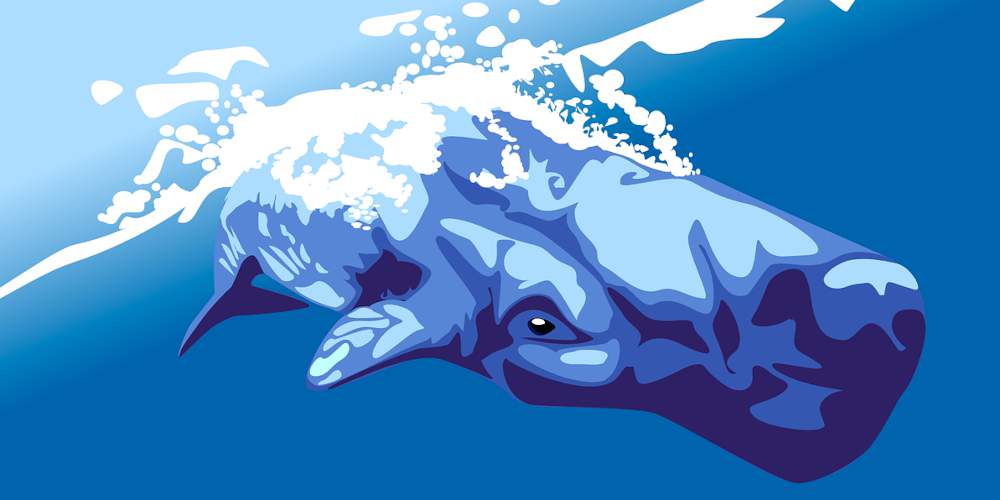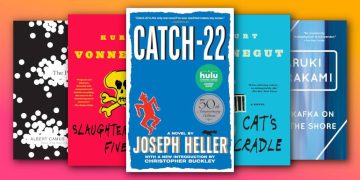When Herman Melville died on the morning of September 28, 1891, he was practically penniless. His writing career had yielded limited success, and to add insult to his memory, The New York Times listed his masterpiece with the erroneous title "Mobie Dick."
And that was that: Melville was gone and his greatest book ever written fell out of print. Fortunately, over the next 20 years, publishing house Harper & Brothers did revive the book—and managed to keep it alive despite it teetering on the verge of irrelevance.
But then! Ever so slowly, Moby Dick began to rise in the literary world. The original British print of the novel (which lacked the epilogue) was largely replaced with the American print (which did feature the epilogue), which was a better representation of Melville's work.
The tale of Ahab's monomania from the perspective of a lowly crew member captured the imaginations of great artists.
Orson Welles' unfinished film adaptation remains the most tantalizing version of the book the world would never see, and Bob Dylan has admitted that Moby Dick had a profound effect on him and his work.
Now, a mere 130 years after Melville's death, Moby Dick is rightly regarded as a towering masterpiece of Western literature. Here are a few reasons why Moby Dick is the greatest novel ever writetn.
Moby Dick's Scale Is Deceptively Epic
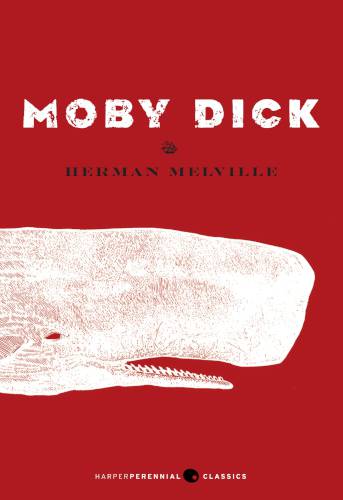
Moby Dick starts with the character of Ishmael on his way to Nantucket. From there, he only visits one other place: The Pequod. Between these two locations, it may not seem like this book could feel very expansive in scale...
...but few other novels have managed to feel as broad and vast as this one. As each word is offered to the reader, Moby Dick becomes more grand, more weighted, and more wonderfully wide in its narrative.
The azure horizons, the cold winter doldrums, Ahab's deepening anger—they all serve to enhance one's imagination and make the reader feel like they are standing there on deck beside the crew, with spear in hand, ready to fell a beast at Ahab's command.
The journey undertaken by the crew alongside their singularly-focused captain might only take place on an 1800s whaling ship, but for the reader, it may as well be a limitless yawning desert.
Moby Dick's Depth Feels Tangible
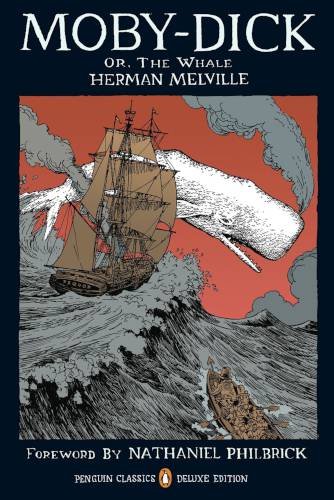
As each chapter of Moby Dick flows forward, Melville never stops short of aggrandizing the elusive white whale—and not just the titular whale, but he explores all kinds of different whales.
There are entire chapters of the book devoted to making sure the reader has enough knowledge of 19th centure whaling, because that knowledge is needed for full impact of Moby Dick's formidability when the time comes for Ahab to battle with the eponymous whale.
The sheer depth of understanding that Melville bestows to his readers allows them to feel the wind in their hair, the sweat on their brows, and the stench of the whale. It's uniquely tangible.
When Ishmael's work is complete—and Ahab has danced his date with destiny—Moby Dick's effect upon the reader is profound. When we close the book after those final words, the feeling is unmatched throughout all of literature.
Melville succeeds at attaching readers to the world of Ahab, the Pequod, and whaling. It makes you yearn for a sequel where Ishmael lashes together a vessel to seek his myopic revenge. Alas, it would defeat the purpose of Moby Dick to wish for such a thing.
Moby Dick Was Ahead of Its Time
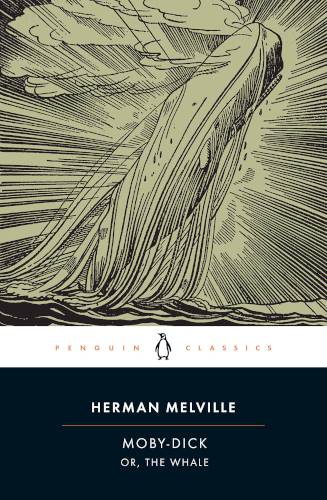
Any story worth its salt should be able to speak to timeless truths and remain not only relevant but important for years to come. In that sense, Moby Dick has premonitions and moments of clairvoyance that rival some of the most dangerously real predictions of George Orwell.
Herman Melville's use of the English language may feel antiquated, but his thematic exploration of a spiritual crisis and his allusions toward homosexual behavior are far from outdated.
If you weren't aware, Ishmael and Queequeg's friendship has homoerotic overtones in Melville's original book, and the religious themes were heavily redacted in the English version (since "comparing human shortcomings to divine ones" was grounds for revision).
Even beyond the censored aspects, Moby Dick is a book that delves into themes that weren't becoming of the epoch, which led to all kinds of issues during its initial publication.
Moby Dick's Influence Reaches Far
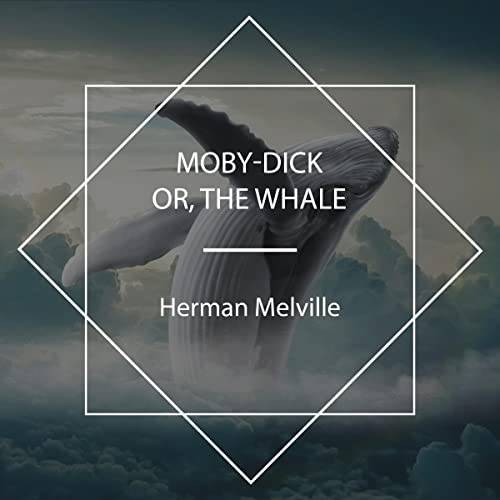
Moby Dick's tale is one laced in layers of hidden meaning. One could read it multiple times and always find something newly surprising in its use of allegory and metaphor.
That depth of symbolism in Moby Dick has made a sizable mark on not just literary culture but all kinds of other art forms in the years since the original book was published. So many people credit Melville's grand creation as inspiration for their own works.
We've already mentioned Orson Welles and Bob Dylan, but Moby Dick's reach goes way beyond just them.
Video game director Hideo Kojima used Moby Dick's tale of revenge as a reference point in Metal Gear Solid V: The Phantom Pain, where the protagonist loses his arm and seeks vengeance. The game features a giant flaming whale and a helicopter called The Pequod.
In Star Trek II: The Wrath of Khan, a dying Khan utters the words of Ahab before detonating his weapon and killing himself: "From hell's heart, I stab at thee."
Moby Dick has become ingrained in modern culture like few works before it. Can one even answer the question: "What is the greatest novel ever written?" Moby Dick may very well be it.
